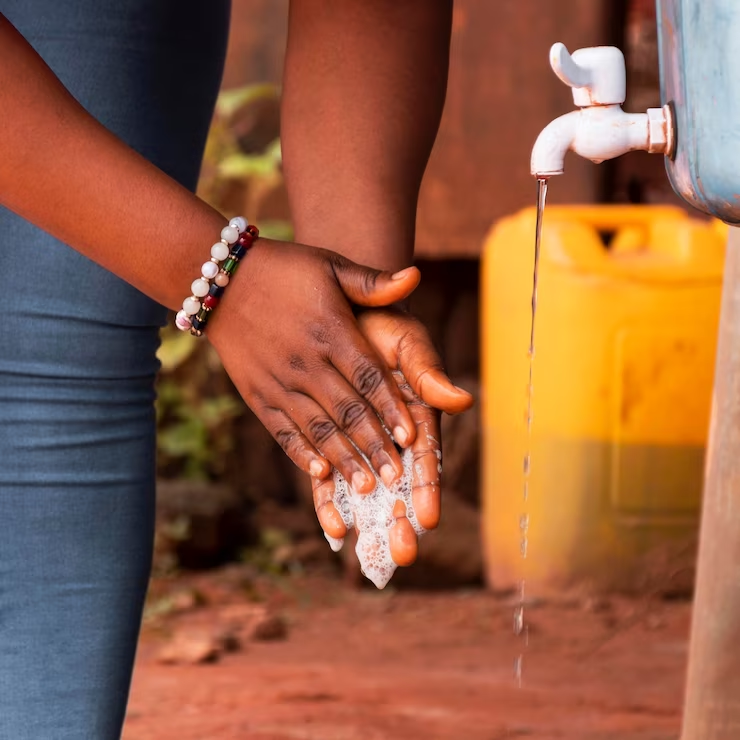Title: Saving on Water Bills: Water-Saving Tips for South African Households
Introduction: Water is a precious resource, and in South Africa, where water scarcity is a pressing issue, it is important for households to be mindful of their water consumption. By adopting water-saving practices, South African households can not only contribute to conserving this valuable resource but also reduce their water bills. This article provides practical tips to help households save water and lower their water expenses, while also promoting environmental sustainability.
- Fix Leaks Promptly: One of the most significant causes of water wastage is undetected leaks in plumbing fixtures and pipes. Regularly check for leaks in faucets, toilets, and pipes, and promptly repair any leaks that you find. A dripping faucet or a running toilet can waste a significant amount of water over time, leading to higher water bills.
- Install Water-Saving Fixtures: Replace old, inefficient fixtures with water-saving alternatives to reduce water usage without compromising functionality. Consider installing low-flow showerheads, aerators for faucets, and dual-flush toilets. These fixtures use less water while still providing satisfactory performance. They can significantly reduce water consumption in your household.
- Practice Responsible Water Use: Every drop of water counts, so it’s essential to be mindful of your water usage. Incorporate these habits into your daily routine:
- Turn off faucets: Don’t leave the tap running while brushing your teeth, washing dishes, or lathering your hands with soap. Only use water when necessary, and turn off the faucet when not in use.
- Shorter showers: Limit your shower time and aim for efficient, quick showers. Consider using a shower timer or setting a personal goal to reduce shower duration.
- Collect and reuse water: Place a bucket in the shower to collect excess water while it warms up. Use this water for watering plants or flushing toilets.
- Opt for full loads: When using your dishwasher or washing machine, ensure you have a full load before running them. This maximizes water efficiency and reduces the number of cycles needed.
- Water-efficient landscaping: Choose drought-tolerant plants for your garden and incorporate efficient irrigation systems such as drip irrigation. Water your plants during cooler hours to minimize evaporation.
- Harvest Rainwater: Take advantage of South Africa’s rainfall by installing a rainwater harvesting system. Collect rainwater in a storage tank or barrel, which can then be used for various purposes such as watering plants, cleaning, or flushing toilets. This reduces reliance on municipal water and can result in significant water savings.
- Educate Household Members: Ensure that everyone in your household is aware of the importance of water conservation and the practices to follow. Encourage family members to be mindful of their water usage and actively participate in water-saving efforts. By promoting a culture of conservation, you can collectively make a significant impact on reducing water consumption.
- Monitor Water Consumption: Regularly monitor your water meter to keep track of your household’s water consumption. By observing trends and identifying any sudden increases, you can address potential leaks or excessive usage promptly. Monitoring your water consumption also creates awareness and encourages more responsible water use.
Conclusion: By implementing these water-saving tips, South African households can lower their water bills while actively contributing to water conservation efforts. Fixing leaks, installing water-saving fixtures, practicing responsible water use, harvesting rainwater, educating household members, and monitoring water consumption are all effective strategies for reducing water usage and expenses. Remember, every drop saved counts towards a sustainable future for South Africa and ensures that this valuable resource is conserved for generations to come.










